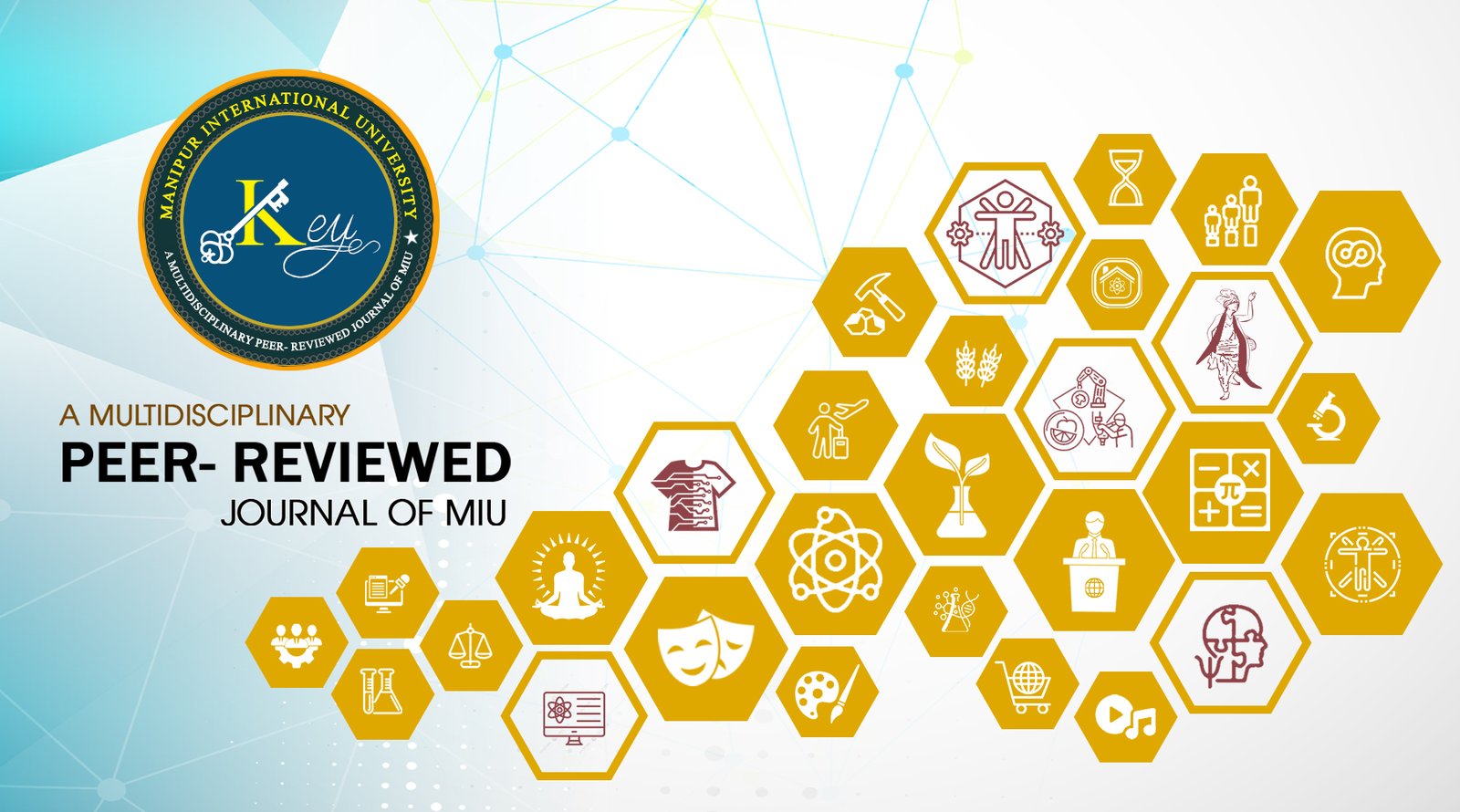Importance of Mother Tongue in Teaching Social Science in Elementary Education
Keywords:
Mother tongue instruction, Social science education, Elementary education, Cultural identity, Inclusive learningAbstract
Mother tongue-based instruction is increasingly recognized as a vital component of effective early education. In the context of teaching social science at the elementary level, it significantly enhances students’ comprehension and engagement by connecting new concepts to their lived experiences. Beyond improving understanding, instruction in the mother tongue fosters critical thinking, strengthens cultural identity, promotes social inclusion, and nurtures democratic values essential for active citizenship. This paper examines the importance of mother tongue instruction in elementary social science education, highlighting its cognitive, cultural, social, psychological, and pedagogical benefits. It also discusses the challenges hindering its implementation and proposes practical strategies to effectively integrate mother tongue-based teaching into educational systems, particularly in multilingual and multicultural contexts.

Downloads
Published
Versions
- 2025-12-30 (2)
- 2025-11-05 (1)

